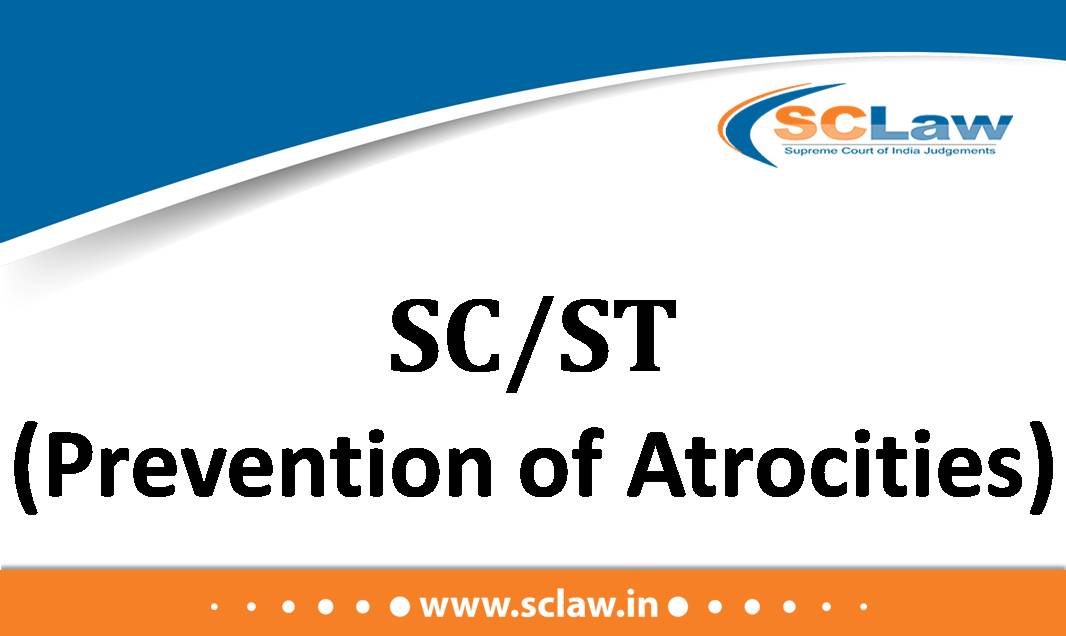Criminal Procedure Code, 1973 (CrPC) — Clubbing of FIRs — Multiple FIRs registered across different states for same cause of action — Generally, it is illegal and overambitious to club FIRs from various states and future FIRs — Prayer for clubbing future FIRs cannot be granted by any court — This power may be exercised under Article 142 of the Constitution with consent of states.
2025 INSC 1174 SUPREME COURT OF INDIA DIVISION BENCH ODELA SATYAM AND ANOTHER Vs. THE STATE OF TELANGANA AND OTHERS ( Before : B. R. Gavai, CJI. and K. Vinod…




